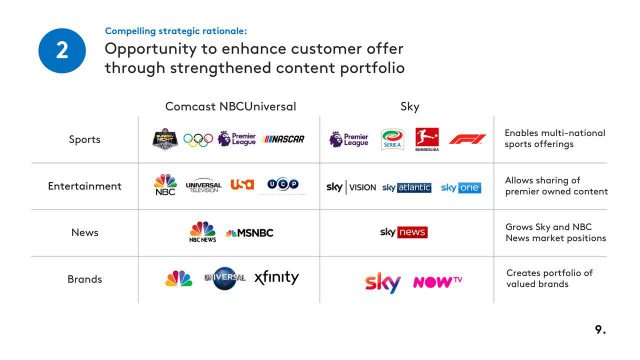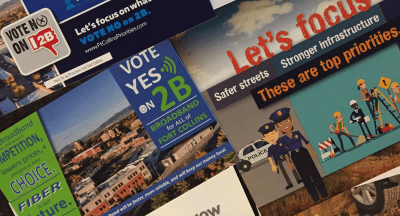
Fort Collins residents saw their mailboxes filled with mailers last fall opposing community broadband, paid for by the state’s cable lobby.
The Loveland, Col. City Council approved Tuesday four measures that include a $2.5 million spending authorization to lay the groundwork to allow the city to develop a new public broadband network.
The city plans to move quickly, spending $300,000 to develop an in-depth business plan for the service, which the city may run itself. The money will also be spent on researching financing options and a general outreach campaign to explain the service to local residents. Another $2.2 million will cover the development of a detailed solicitation for proposals to build the fiber network an exploration of bonding options.
Some Council members were adamant they will not repeat the mistakes of other Colorado towns by taking muncipal broadband up for a public vote. Several Loveland City Council members commented on a campaign of demagoguery and distortion practiced by incumbent cable and phone companies in Fort Collins and Longmont, which financed expensive campaigns to try to block municipal broadband proposals from getting off the ground. Both industry-funded campaigns failed.
For one Council member, the extensive lobbying campaign in 2017 to smear Fort Collins’ proposal municipal network backfired.
Councilman John Fogle had previously supported requiring a public vote if Loveland decided to get into the broadband business. But then last November he witnessed Fort Collins endure a well-financed effort by the Colorado Cable Telecommunications Association and the Fort Collins Chamber of Commerce to defeat a similar broadband proposal. He changed his mind.
“It’s not an even playing field when incumbent industries will spend $900,000 at the drop of the hat to perpetuate … a monopoly,” Fogle said, noting that local governments cannot spend taxpayer dollars to fight lobbyists and defend their proposals.

Ball: We don’t need a public vote.
Councilman Rich Ball went even further, declaring unless he died or resigned, he would never support a public vote.
“We have the wonderful opportunity to collaborate or we can be the little city that I grew up in that always got beat … by Fort Collins and Longmont,” Ball said.
Many local residents supporting the Loveland public fiber network applauded the decision of local council members not to be tricked into an unfair fight with the well-financed telecom industry.
“I don’t want the Council to spend even five minutes entertaining Comcast’s circus of lies and distortions. I hope those TV ads run last fall in Fort Collins from that fake group sponsored by the Chamber of Commerce taught our state a lesson on what cable monopolies will do to protect their monopoly,” said Loveland resident Susan Collins. “They’ll do whatever it takes and you can lose if you play their game. We already had a vote when we elected our City Council. If people don’t like what they are doing, they can vote them out again.”
But Mayor Pro Tem Don Overcash expressed concern and requested the four measures be amended to require voter approval, believing the Council may be exceeding its authority.
“If citizens want to expand our powers to meet their needs, they have the right to do that,” Overcash said.
A handful of residents also worried they would be paying for a network they won’t use, choosing to stay with their local cable or phone company provider instead.
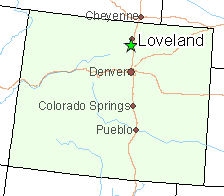
Loveland, Col.
Councilman Jeremy Jersvig complained that his fellow Council members were making “dictatorial” motions to move forward on the fiber network that, in his view, did not consider public opinion.
But Council members who support Loveland’s public fiber proposal noted:
- In a 2015 election, 82 percent of Loveland voters said “yes” to overriding a state law banning local governments from providing telecommunication services, such as high-speed internet. Other Colorado communities have gone through similar votes.
- The vote allowed the city to explore making high-speed internet available throughout the Loveland area, independently or in partnership, and without raising taxes. City Council will make the final decision on whether to provide this service, and what model to use if so.
- Ultra-fast internet service, with speeds greater than 1 gigabit per second, would be delivered through a citywide fiber-optic network, which is faster than what the local cable or phone company will provide.
 Comcast is on track to lose more than double the number of cable-TV cancellations it experienced in 2017 due to cord-cutting, predicted a Wall Street analyst.
Comcast is on track to lose more than double the number of cable-TV cancellations it experienced in 2017 due to cord-cutting, predicted a Wall Street analyst.

 Subscribe
Subscribe Comcast is raising internet speeds of several of its XFINITY internet service plans in the northeastern United States as it continues to battle Verizon’s fiber to the home network FiOS.
Comcast is raising internet speeds of several of its XFINITY internet service plans in the northeastern United States as it continues to battle Verizon’s fiber to the home network FiOS. The country’s largest cable internet service provider needed help from an app developer in Portland, Ore. to let it know its broadband pipes were full and to do something about it.
The country’s largest cable internet service provider needed help from an app developer in Portland, Ore. to let it know its broadband pipes were full and to do something about it.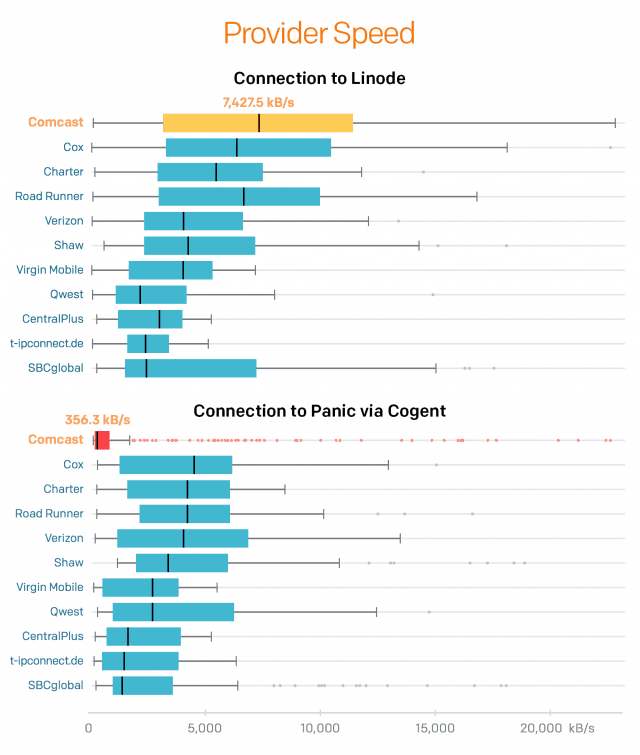
 In addition to giving the internet public policy community new evidence that peering fights leaving customers stuck in the middle might be heating up once again. It also suggests if Comcast was unaware of the problem, it does not reflect well on the cable company to wait weeks until a customer reports such a serious slowdown before fixing it.
In addition to giving the internet public policy community new evidence that peering fights leaving customers stuck in the middle might be heating up once again. It also suggests if Comcast was unaware of the problem, it does not reflect well on the cable company to wait weeks until a customer reports such a serious slowdown before fixing it.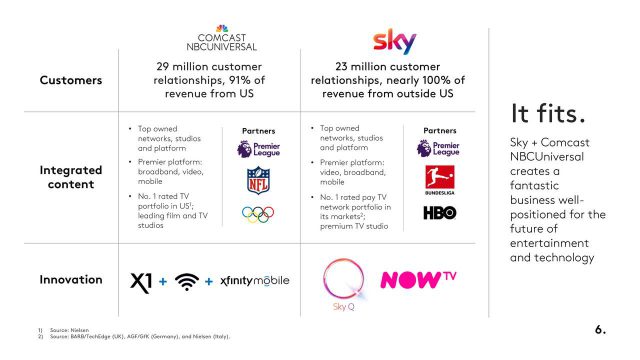
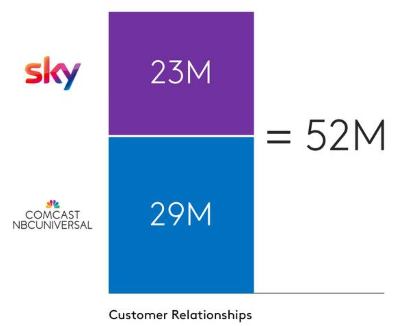 That three American companies are now competing to acquire Europe’s largest media company and biggest pay-TV broadcaster, with more than 23 million subscribers, could create concern among some regulators about foreign ownership of the media. A bid from Comcast is likely to be less controversial than dealing with Rupert Murdoch, however, who already has extensive media holdings in the United Kingdom.
That three American companies are now competing to acquire Europe’s largest media company and biggest pay-TV broadcaster, with more than 23 million subscribers, could create concern among some regulators about foreign ownership of the media. A bid from Comcast is likely to be less controversial than dealing with Rupert Murdoch, however, who already has extensive media holdings in the United Kingdom.